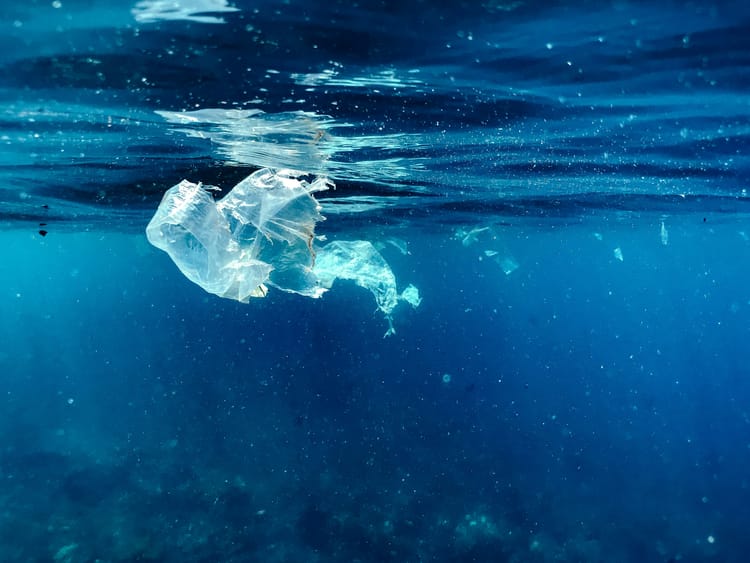B Corp unveils new certification standard – with minimum requirements across all topics

B Lab, the organisation behind sustainability label B Corp, has unveiled its updated certification standard, with one major change: companies will now have to meet minimum requirements across all impact topics.
B Corp is officially moving away from cumulative point scoring – a system that allowed companies to get certified based on good performance in certain areas, even if they performed poorly in others. This scoring system led to several controversies within the B Corp ecosystem: for example, the organisation was criticised for giving Nestlé and Brewdog its label despite human rights and workplace issues.
Now, B Corps will have to meet minimum standards across all seven impact topics, including purpose and stakeholder governance, climate action, human rights, fair work, environmental stewardship and circularity, justice, equity, diversity and inclusion, and government affairs and collective action.
Climate targets and DEI measures
For instance, all companies seeking to get or maintain their certification must have a 1.5ºC-aligned climate action plan, and larger companies must also have validated science-based targets. B Corps must also embed stakeholder governance in decision-making and governance structures, mitigate human rights risks in their value chains and provide quality jobs, fair wages and a positive workplace culture.
Despite recent political backlash against diversity, equity and inclusion (DEI) measures in the US, B Corps will still have to meet minimum requirements to foster inclusive and diverse workplaces. They will also have to minimise environmental impacts in their operations and value chains, and engage in advocacy efforts to drive systemic change.
“At a time when other leaders are stepping back, business must drive progress. This isn’t merely an update; it’s a complete reimagining of business impact to respond to the challenges of our time,” said Clay Brown, Co-Lead Executive of B Lab Global. “B Lab’s new standards can serve as a roadmap for leadership on social and environmental issues when needed most.”
B Corp update process
This is the most significant change to the B Corp standard in its 19-year history. This particular update took four years, during which B Lab held two public consultations and sifted through 26,000 pieces of feedback.
The new standard also incorporates data and methodologies from other schemes such as GRI, SBTi, and Fairtrade to allow for more interoperability and to reduce the reporting burden for companies.
“More than ever, companies need a common language to assess and report on their environmental, social, and economic impacts. We commend B Lab’s focus on interoperability in their new standards, including their references to GRI’s own globally leading sustainability reporting standards,” says Robin Hodess, Chief Executive Officer of the Global Reporting Initiative (GRI). “All businesses, no matter their size, need to account for their impacts. B Lab's new standards will help make that process more achievable.”
10,000 companies affected by the changes
The new standard will be implemented immediately for new applicants and gradually for the nearly 10,000 certified B Corps as they renew their certification every three years.
For the first time, the standard also includes a requirement for continuous improvement: businesses will have to demonstrate impact improvement over time, including milestones after three years and five years.
(The lack of continuous improvement requirements was another cause for criticism of the B Corp movement.)
The B Corp community includes firms across 100 countries, employing nearly 1 million workers in 160 industries. “The climate crisis demands bold action. For long-term resilience and advantage, businesses must lead the way as the architects of a net-zero economy,” says Tracy Wyman, Chief Impact Officer of the Science Based Targets initiative (SBTi). “B Lab’s new standards call on the most influential and well-resourced B Corps to contribute to a sustainable future by setting science-based targets using the SBTi’s rigorous standards, tools, and guidance. Through guidance that businesses must also mobilise their supply chains and networks, the standard looks to drive climate action at scale through systemic change. It’s another step forward in driving a universal climate movement.”







Member discussion